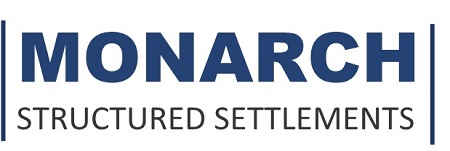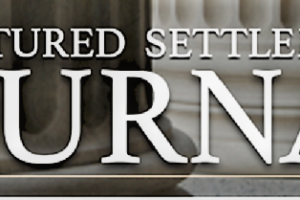The jury is still out regarding the new Tax Bill proposed by the Senate and recently passed by the House. The consensus appears to be that the standard deduction will increase, tax brackets will change, and some deductions will be eliminated1. Overall, the translation of the proposed bills is mixed–taxes will increase for a portion of U.S. households and will decrease for others. So, in an effort to simplify a complicated system, the end result really is just a reorganization.
For attorneys that have established their practices as partnerships or S-corporations, the new tax plan seems favorable. The dreaded Alternative Minimum Tax (AMT) will be repealed (if passed) 2, and even though the corporate tax rate is still hotly debated, especially for pass-through businesses like partnerships and S-corporations, the new proposed rate will decrease. According to the Wall Street Journal, “More than half of business income goes to pass-throughs and more than half of pass-through income goes to the top 1% of households, according to the Tax Policy Center.” 3 Also, the deduction for business income for pass-throughs will slightly increase from 17.4% to 20%.4
Even though the overall outlook of the new tax plan for law firms seems positive, deferral of taxes and the creation of a tax efficient strategy remains important to overall business planning. Most attorneys know that if you earn a contingency-based fee, you have the unique ability to defer as much income (and therefore, taxes) through structured attorney’s fees, as established by the Childs v. Commissioner case in June 1996. This is also true for law firms that earn contingency-based fees. Structured settlements can be established to pay a law firm or partnership rather than an individual attorney. Law firms frequently utilize structured settlements to help the firm’s overall tax deferral goals, to create known cash-flows for many years, which in turn helps maintain business and plan for growth or the ultimate retirement of senior partners in future years.
Attorneys and firms have several options to consider for fee deferral:
- Traditional structured settlement annuity– great option for guaranteed payments and/or lifetime income from highly rated life insurance companies.
- FIA (Fixed-Indexed Annuity)– FIAs offer tax-deferred growth potential accumulation based on an index without risk to principal, and optional benefits to protect your income.
- EAFS (Enhanced Attorney Fee Structure) – with this program, attorneys can earn a variable rate of return and select different Vanguard Mutual Funds.
- Fee Structure Plus® – this program is gaining popularity since your contingency-based fee can be managed by your personal financial advisor and in line with your other investment strategies. You would earn a market-based rate of return. Separate from the fee structure, this unique program also offers a low-cost and extremely efficient loan program. Learn more about Fee Structure Plus.
Learn more about these fee deferral options here.
For all programs, the process is the same-the defendant or their insurance carrier has to pay the “premium” directly to the assignment company (it is very important that this is communicated to the defendant pre-settlement). You need to develop some type of future payment stream over time which will be listed in the Settlement Agreement and Non-Qualified Assignment Agreement. The periodic payments payable to you or your firm would be sent by either the life insurance company (annuity) or trust company. Those companies would issue a 1099 to either the attorney or firm name in the years in which you would receive the payments. Monarch welcomes the opportunity to work with you in conjunction with your tax advisor and financial advisor in order to determine which program best meets your tax planning and financial goals.
The time to plan is now-before the holidays occupy our lives and before those last cases of the year settle! Contact your Monarch Consultant today to learn how easy it is to structure your fees.
References:
- http://www.businessinsider.com/tax-brackets-2018-trump-tax-plan-chart-house-senate-comparison-2017-11
- https://www.wsj.com/articles/what-the-republican-tax-plan-means-for-you-1509629815
- https://www.wsj.com/articles/senate-heads-toward-initial-vote-on-tax-overhaul-1511976620
- https://www.wsj.com/articles/senate-heads-toward-initial-vote-on-tax-overhaul-1511976620


